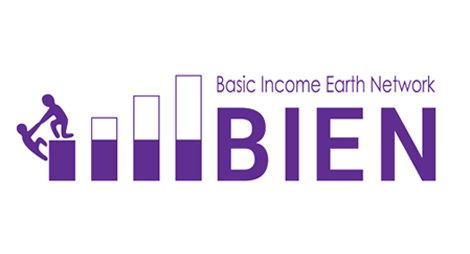A basic income is a periodic cash payment unconditionally delivered to all on an individual basis, without means-test or work requirement.
That is, a basic income has the five following characteristics:
- Periodic: it is paid at regular intervals (for example every month), not as a one-off grant.
- Cash payment: it is paid in an appropriate medium of exchange, allowing those who receive it to decide what they spend it on. It is not, therefore, paid either in kind (such as food or services) or in vouchers dedicated to a specific use.
- Individual: it is paid on an individual basis—and not, for instance, to households.
- Universal: it is paid to all, without means test.
- Unconditional: it is paid without a requirement to work or to demonstrate willingness-to-work.
A wide variety of Basic Income proposals are circulating today. They differ along many other dimensions, including in the amounts of the Basic Income, the source of funding, the nature and size of reductions in other transfers that might accompany it, and so on.
Although BIEN has not endorsed any particular proposal, and it is open to people who favor very different proposals, BIEN’s 2016 General Assembly endorsed a very broad description of a proposal in the following resolution:
A majority of members attending BIEN’s General Assembly meeting in Seoul on July 9, 2016, agreed to support Basic Income that is stable in size and frequency and high enough to be, in combination with other social services, part of a policy strategy to eliminate material poverty and enable the social and cultural participation of every individual. We oppose the replacement of social services or entitlements, if that replacement worsens the situation of relatively disadvantaged, vulnerable, or lower-income people…
Frequently Asked Questions about basic income.
This information comes from the website of BIEN.
